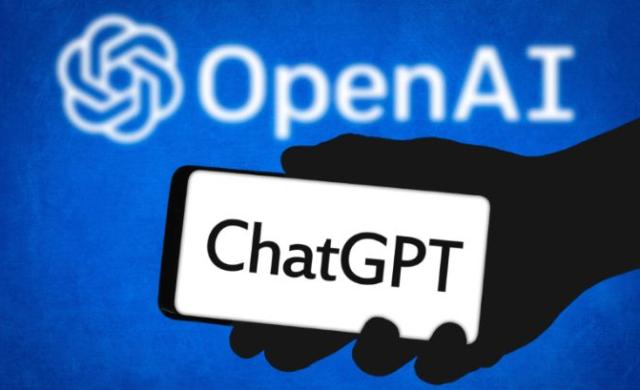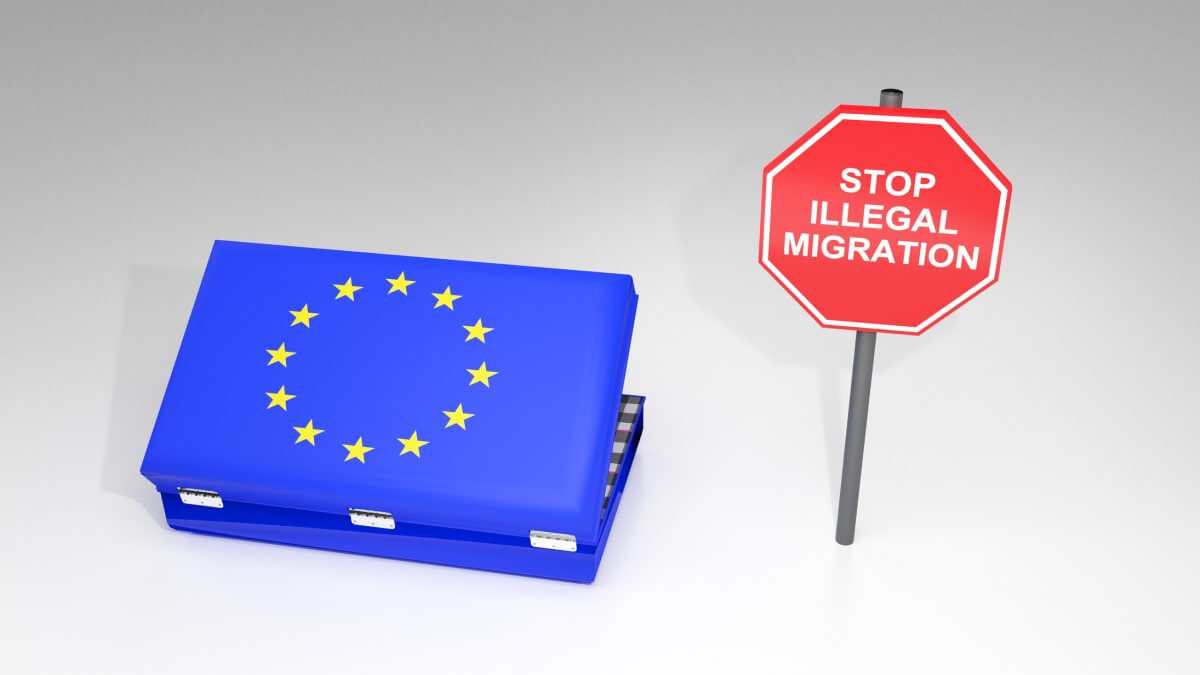OpenAI's ChatGPT: The FTC Investigation And Future Of AI Regulation

Table of Contents
The FTC Investigation into OpenAI's ChatGPT: Key Allegations
The FTC's investigation into OpenAI centers on allegations that ChatGPT poses significant risks to consumers. The investigation scrutinizes OpenAI's practices related to data privacy, misinformation, and algorithmic bias. The FTC is examining whether OpenAI's development and deployment of ChatGPT constitute unfair or deceptive trade practices, violating consumer protection laws.
The specific allegations include:
- Unfair or deceptive trade practices: The FTC is investigating whether OpenAI adequately disclosed the potential risks associated with using ChatGPT, including the possibility of generating inaccurate, biased, or harmful content.
- Violation of consumer protection laws: Concerns exist regarding the collection, use, and protection of user data fed into ChatGPT, potentially violating laws designed to protect consumer privacy.
- Failure to adequately address potential harms: The FTC is likely assessing whether OpenAI took sufficient steps to mitigate the risks posed by ChatGPT, such as the spread of misinformation or the perpetuation of harmful stereotypes.
The potential penalties OpenAI faces are substantial, ranging from hefty fines to mandatory changes in its practices and even potential restrictions on its operations. The outcome of this investigation will set a crucial precedent for the future of AI development and regulation.
ChatGPT's Data Privacy Concerns and Regulatory Scrutiny
ChatGPT's reliance on vast amounts of user data raises significant data privacy concerns. The model learns from the data it is trained on, which includes personal information shared by users. While OpenAI claims to have implemented data protection measures, concerns remain about the transparency of its data handling practices.
How user data is handled by OpenAI and ChatGPT:
- Data collection: ChatGPT collects data from user interactions, including prompts, responses, and usage patterns.
- Data usage: This data is used to improve the model's performance and tailor responses to users.
- Data protection: OpenAI's data protection measures are under scrutiny, and questions remain regarding their effectiveness in preventing data breaches or misuse.
Existing regulations like the GDPR (General Data Protection Regulation) in Europe and the CCPA (California Consumer Privacy Act) in the US are relevant here. These regulations impose strict requirements on data collection, usage, and protection, and OpenAI must comply with these laws to avoid legal repercussions.
Specific data privacy risks include:
- Data breaches and security vulnerabilities: Large language models like ChatGPT are potential targets for cyberattacks, exposing user data to unauthorized access.
- Lack of transparency in data usage: Users may not fully understand how their data is being collected, used, and shared by OpenAI.
- Potential for discriminatory outcomes due to biased data: If the data used to train ChatGPT is biased, the model may perpetuate and amplify these biases, leading to unfair or discriminatory outcomes.
The Broader Implications for AI Regulation: Lessons from the ChatGPT Investigation
The FTC's investigation into OpenAI's ChatGPT has profound implications for the entire AI industry. It signals a growing trend toward increased regulatory scrutiny of AI technologies and highlights the urgent need for comprehensive AI regulation and ethical guidelines. The investigation’s outcome will influence the development and deployment of other large language models (LLMs).
The future of AI regulation likely includes:
- Increased government oversight and regulatory frameworks: Governments worldwide are likely to implement more robust regulations to govern the development and use of AI.
- Industry self-regulation and ethical best practices: The AI industry itself needs to adopt ethical guidelines and best practices to ensure responsible AI development and deployment.
- International collaboration on AI governance: Given the global nature of AI, international collaboration will be crucial to establish consistent and effective regulatory frameworks.
The investigation underscores the need for increased accountability for AI developers. They must prioritize data privacy, mitigate bias, and ensure transparency in their operations.
The Role of Transparency and User Awareness in Mitigating Risks
Transparency and user awareness are vital in mitigating the risks associated with AI technologies like ChatGPT. OpenAI and other AI developers must be more transparent about their data collection and usage practices, the limitations of their models, and the potential risks involved. Users, in turn, need to be better educated about these risks.
Promoting user awareness requires:
- Educational campaigns and public awareness initiatives: Public awareness campaigns can help educate users about the capabilities and limitations of AI, and the potential risks involved.
- Clear and accessible information about AI capabilities and limitations: AI developers should provide clear and concise information about their products, including potential biases and limitations.
- Mechanisms for user feedback and reporting of issues: Establishing channels for users to report issues or concerns related to AI technologies is crucial.
Explainable AI (XAI) techniques, which aim to make AI decision-making processes more transparent and understandable, can play a crucial role in promoting trust and accountability.
Conclusion: The Future of AI and the Need for Responsible Development of ChatGPT and Similar Technologies
The FTC investigation into OpenAI's ChatGPT highlights the crucial need for responsible AI development and deployment. The investigation's outcome will shape the future of AI regulation, influencing how other companies develop and deploy similar technologies. A balanced approach is needed – one that encourages innovation while protecting consumers from potential harms. This requires not only government oversight but also industry self-regulation and a commitment to transparency. To ensure a future where AI benefits society while mitigating risks, we must prioritize responsible AI development and robust consumer protection. Stay informed about the ongoing developments in ChatGPT regulation and advocate for responsible AI development and consumer protection. The future of AI, including the future of ChatGPT, hinges on our collective commitment to ethical and transparent practices.

Featured Posts
-
 Apples Ai Future A Crossroads Of Innovation And Stagnation
May 10, 2025
Apples Ai Future A Crossroads Of Innovation And Stagnation
May 10, 2025 -
 India Pakistan Tensions Cast Shadow On Imfs 1 3 Billion Loan To Pakistan
May 10, 2025
India Pakistan Tensions Cast Shadow On Imfs 1 3 Billion Loan To Pakistan
May 10, 2025 -
 L Heritage Meconnu De Melanie Eiffel A Dijon Une Nouvelle Lumiere Sur Gustave Eiffel
May 10, 2025
L Heritage Meconnu De Melanie Eiffel A Dijon Une Nouvelle Lumiere Sur Gustave Eiffel
May 10, 2025 -
 Changes To Uk Visa Regulations Addressing Work And Student Visa Misuse
May 10, 2025
Changes To Uk Visa Regulations Addressing Work And Student Visa Misuse
May 10, 2025 -
 Golden Knights Defeat Blue Jackets Hills Stellar Performance Secures Win
May 10, 2025
Golden Knights Defeat Blue Jackets Hills Stellar Performance Secures Win
May 10, 2025
